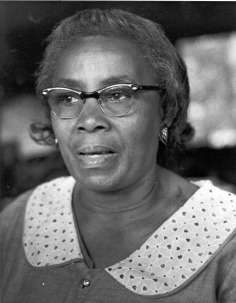A Quote by Giovanni Boccaccio
People tend to believe the bad rather than the good.
Related Quotes
I don't think it matters if there is a god or not. I've met people who believe in God that are good and that are bad. And I've met people who don't believe in God that are good and that are bad. So, just be good. I'm good. Not cos I think I'll go to heaven but because when I do something bad, I feel bad. And when I do something good, I feel good.
When it comes to partisan politics, everyone is a hypocrite. And all they care about is whether it hurts or helps them ... Is it good or bad for the Democrats? Is it good or bad for the Republicans? Is it good or bad for Jews, or good or bad for blacks, or is it good or bad for women? Is it good or bad for men? Is it good or bad for gays? That's the way people think about issues today. There is very little discussion of enduring principles.



































